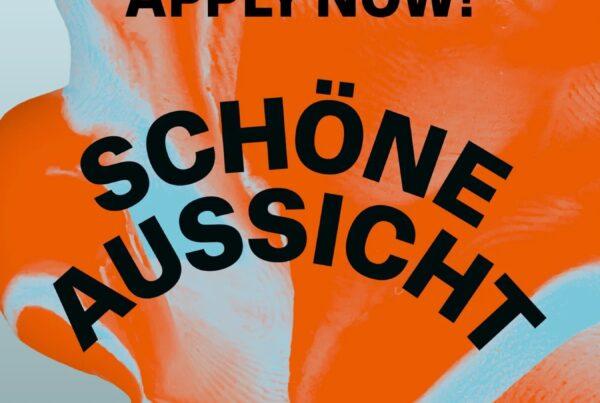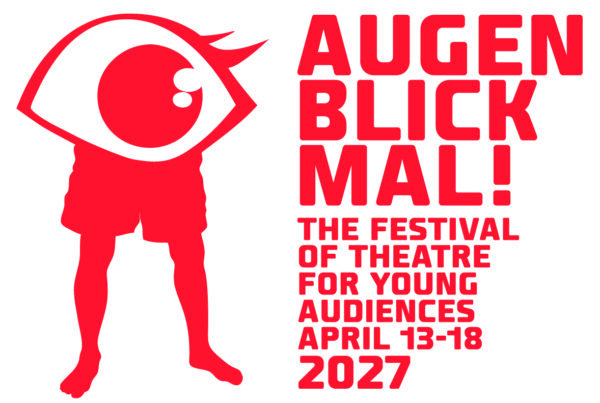Germany is a federal country with 16 states that are each responsible for funding arts and culture. This means that artists are confronted with very different situations depending on where they are based. Some federal states have acted fast and set aside funds for artists in need. The situation is, of course, most difficult for those working on a freelance basis. Incomes have dropped to zero and even when schools start again, it has already become clear that there will be no visits to the theatre or other cultural institutions and no performances in schools at least until the summer holidays. Institutions like municipal theatres are in a slightly better situation and are now using up holiday times and put into practice options for reducing working hours (and wages!) in order to keep running.
While there seems to be a lot of money available on a federal level to deal with the crisis, arts and culture are not the ones that will benefit easily, as the programmes are designed for regular businesses. There is little understanding for the needs of artists, especially solo artists, and cultural institutions and too little knowledge about how fragile and insufficient funding and incomes are even when things are “normal”. Support for businesses in need is not always available to artists, cancelled performances not always counted as a loss of income and funds often given out as a loan that has to be repaid in the future.
The association of independent theaters has already collected data regarding the loss of income, but it is hard to put numbers to the income lost where contracts had not yet been made, performances not yet agreed upon. And, again, the situation will be worse for TYA artists, as they depend on schools, so it might take even longer for the less funded TYA scene to be able to generate a moderate income again and we are trying to create an understanding for this and fight for extended support schemes.
Where public funding is involved, most institutions that give funding are trying to find flexible solutions, but there are few options around contracts that, for example, state that a payment will only be made if the workshop is held and not if it is cancelled, even if the circumstances of the cancellation are extraordinary.
There are many creative ideas how theatre can reach their audiences, keep up the dialogue, make sure that art remains a part of our lives and the lives of children and young people. Yet, it is difficult to reach everyone and it often depends on data access and the availability of suitable devices to be part of this. Many theatres now wish to experiment with new forms and platforms that can be used for different purposes, but some also lack the technological equipment and know-how and there are legal questions smaller theatres find hard to tackle.
The online-publishing platform Nachtkritik is putting together an online-calendar and we have made sure that TYA is also part of this: https://www.nachtkritik.de/index.php?option=com_content&view=article&id=17803:corona-shutdown-neue-initiativen-von-kuenstler-innen-und-theatern&catid=1459&Itemid=100190
We also collect links and ideas and publish them via facebook. Examples are: Junges Ensemble Stuttgart: https://www.jes-stuttgart.de/fileadmin/Online-Spielplan/JES-Online-Spielplan_2.4._bis_13.4.pdf
Junges Schauspiel Duesseldorf https://www.dhaus.de/junges-schauspiel/
Regarding the difficult situation of the artists, there have been calls that ask people not to claim their refunds for tickets already bought and initiatives towards selling tickets for “ghost shows” that can’t take place. A school has launched the idea of buying a performance that can then be streamed online and create a shared theatre experience for the whole school. This would generate an income for the theatre, an artistic experience for the students and enable the theatre to use the streaming technology also elsewhere.
One of the most inspiring initiatives has been the one that calls for a general, unconditional basic income – at least for artists and at least for the next six months. This has sparked a discussion beyond theatre. https://epetitionen.bundestag.de/petitionen/_2020/_03/_14/Petition_108191.nc.html
A funding scheme for independent companies #takecare provides funding for the necessary changes in projects that were already planned and now need more rehearsal time, different means of communication etc. https://www.fonds-daku.de/takecare/
ASSITEJ Germany and the Children’s and Young People’s Theatre Centre (KJTZ) has reacted by offering miniature scholarships of 500 € each. We were planning for 5 scholarships and received 85 applications (!). We hope to be able to add 5 more and this is still too little. The great response to this accessible and simple offer shows us how great the need is, how many ideas there are and how many people are looking for ways of earning money. The scholarships will lead to small online projects that will be premier between April and June. https://kjtz.co/2020/03/23/ausschreibung-mini-stipendium-mitabstand/
We also collect and distribute information and try to work towards a dialogue between the authorities responsible for schools and the departments responsible for culture. We have contacted other associations in the field and asked them to also think about what they can do – however small – in order to make it possible for artists to have an income.
The publication of the English edition of IXYPSILONZETT with a focus on directorship in TYA is going ahead as planned and so are the preparations for Directors in TYA – An International Exchange in 2021. We will share the call for applications and the link to the publication in May – it will be available online.
Contact: m.fechner@kjtz.de and n.schellmann@kjtz.de






